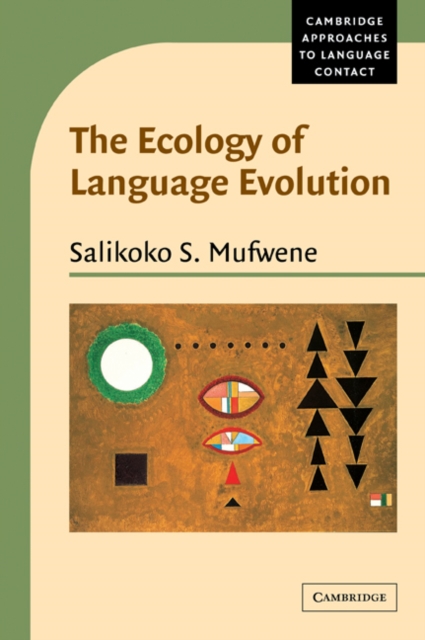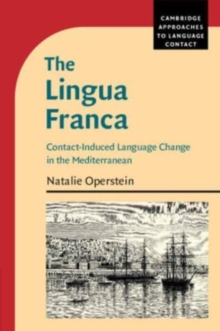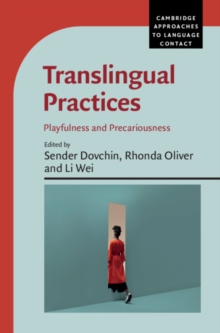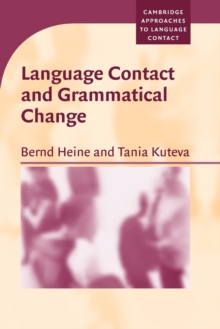
The Ecology of Language Evolution Paperback / softback
by Salikoko S. (University of Chicago) Mufwene
Part of the Cambridge Approaches to Language Contact series
Paperback / softback
Description
This major 2001 work explores the development of creoles and other new languages, focusing on the conceptual and methodological issues they raise for genetic linguistics.
Written by an internationally renowned linguist, the book discusses the nature and significance of internal and external factors or 'ecologies' that bear on the evolution of a language.
The book surveys a wide range of examples of changes in the structure, function and vitality of languages, and suggests that similar ecologies have played the same kinds of roles in all cases of language evolution.
Drawing on major theories of language formation, macroecology and population genetics, Mufwene proposes a common approach to the development of creoles and other new languages.
The Ecology of Language Evolution will be welcomed by students and researchers in sociolinguistics, creolistics, theoretical linguistics and theories of evolution.
Information
-
Out of stock
- Format:Paperback / softback
- Pages:276 pages, 6 Tables, unspecified; 7 Maps; 3 Line drawings, unspecified
- Publisher:Cambridge University Press
- Publication Date:30/08/2001
- Category:
- ISBN:9780521794756
Information
-
Out of stock
- Format:Paperback / softback
- Pages:276 pages, 6 Tables, unspecified; 7 Maps; 3 Line drawings, unspecified
- Publisher:Cambridge University Press
- Publication Date:30/08/2001
- Category:
- ISBN:9780521794756










